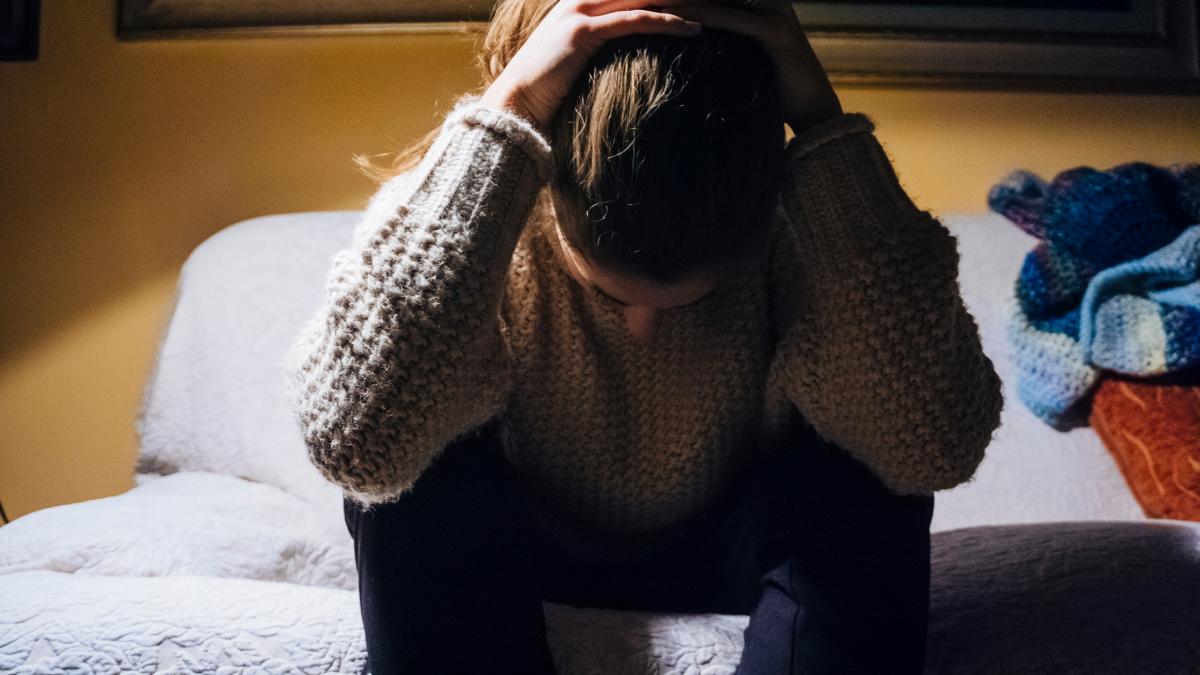
My dad died in 2014.
It’s hard to know if I’ve properly grieved the loss, or even what “proper” grieving looks like. What I do know is, the moments in my life I should feel the happiest are when I feel the most at a loss.
Empty, even.
Everyone experiences grief differently — that much I’m sure of. But a common thread between myself and others who’ve sat front row at a funeral is that life milestones are one of the more difficult situations to face.
Whether it’s something like going on a holiday I know he would’ve loved to hear about, all the way through to watching the grandchildren he never got to meet grow up – happy just feels crappy.
Why do I feel so awful even though I know, in my heart, that my dad would be so proud and want these successes for me? Why am I scared shitless of the day I get married, which will be about so much more than the pain of not having him walk me down the aisle?
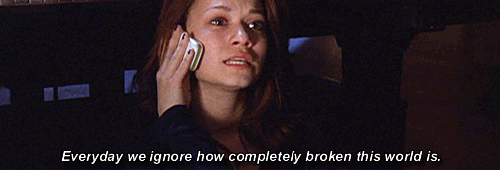
April Ash, a psychologist at The Indigo Project, says that certain significant times can encourage life reflection and that grief only makes this more complex.
Take Anna, who lost her father suddenly. She says her 30th birthday was one of the most difficult things she’s ever experienced, largely because such a huge new life chapter wouldn’t include who she considered her best friend. “To realise I was not going to share this journey with one of the most important people to me, was almost too hard to handle,” Anna says.
“Even though I am quite untraditional when it comes to life goals, the fact that so much of my life was so unsure and that I wouldn’t be able to work through these with Dad, was really hard.”
On top of the life-assessment a milestone can bring, experiencing an event without someone we’d always imagined would be there for it can be particularly challenging.
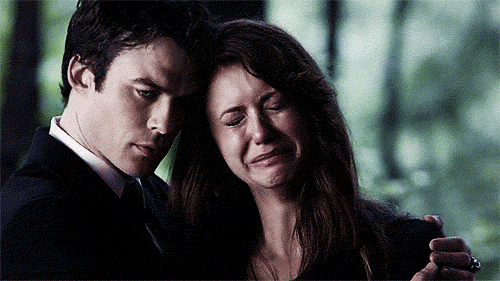
Kerri, 30, lost her father five years ago to cancer, and in the moments since has gotten married (where her mother walked her down the aisle), given birth to her first child (with another on the way) and turned 30. While she absolutely celebrated each of these occasions, they were all tinged with an overwhelming sense of emptiness for what could have – and should have – been.
“The birth of my first child and just watching her grow has been particularly difficult without my dad,” she says.
“Like most parents I want the happiest life for my child, and I know that her life would have been better with him in it. In my opinion, everyone’s life was better with him in it, and it particularly hurts knowing that she will never experience the joy of knowing him like she should have.”
Grief can be very layered in this way – we’re no longer grieving only their absence, but also the loss of new experiences and memories we’re creating without that person. These layers can affect us simultaneously, and, if you’re anything like me, it’s the primary route.
Shaunagh, 26, lost her mum four years ago to cancer, and shares a similar challenge as her life changes and progresses without her. “I get upset thinking there are achievements of mine that she has missed, or that there are now special people in my life I would love her to meet,” she explains.
Continuing to live our lives and make new memories without the ones we’ve lost, or to even be able to tell them about these exciting moments, is terrifying and heartbreaking and empty all in one — it’s a painful reminder that the show which is life must go on, even though you yourself will never move on.
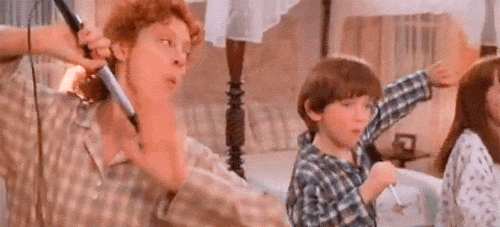
Writer and podcaster Nora McInerny, who lost her unborn child, father and husband all within the space of eight weeks, perfectly sums up this concept in her Ted Talk about grief.
“A grieving person is going to laugh again and smile again. Absolutely they’re going to move forward, but that doesn’t mean they’ve moved on,” she said, absolutely nailing the constant conflict of happiness and sadness in a grieving person’s life.
As always, it’s not as simple as feeling joy again while still remembering the person we’ve lost. This can sometimes cause guilt or disconnection, Ash explains, saying that, “To feel joy or positive emotions means that they are losing them of dishonouring them.”
There are personal ways we can honour or celebrate the person who’s passed during these big moments in our lives, though. From having a place for them at a table for a big occasion to sharing memories about them with others, it’s totally dependent on what type of relationship we had with the person.
I, personally, always make sure I’m wearing a necklace my dad gave to me during big moments. It’s a small act that brings huge comfort.
“The most important thing is that the way the person is included feels true to you (and others), your relationship with them and brings some healing,” Ash explains, noting that we can choose to do this either privately or publicly. It’s not the same as having them there with you, but it’s something.
For Kerri, she ensures that her child knows who her grandfather is and “how much he would have loved them”. For herself, she keeps him alive within her memories and will speak to him during big life moments. “It’s usually only a sentence or two but I want him to know that he still plays that big part in my life and that I want to share these moments with him.” She also placed a keyring with a photo of him around her wedding day bouquet.
In this sense, the pain of not having someone beside us for an important life moment can create an opportunity to honour or feel connected to the person lost, Ash says. While it’s hard to see silver linings in life (and especially in death), milestones can play a really instrumental role in grieving a loss and acknowledging our emotions.
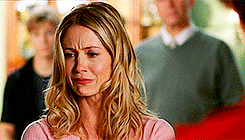
Anna, who admits she tends to avoid her emotions around her father’s death because of the sheer difficultly says, “I think it’s a good thing. Milestones are a forced time to focus on how you really feel, to think about that person and to miss them.”
Just like writing this article forces me to do the same thing.



